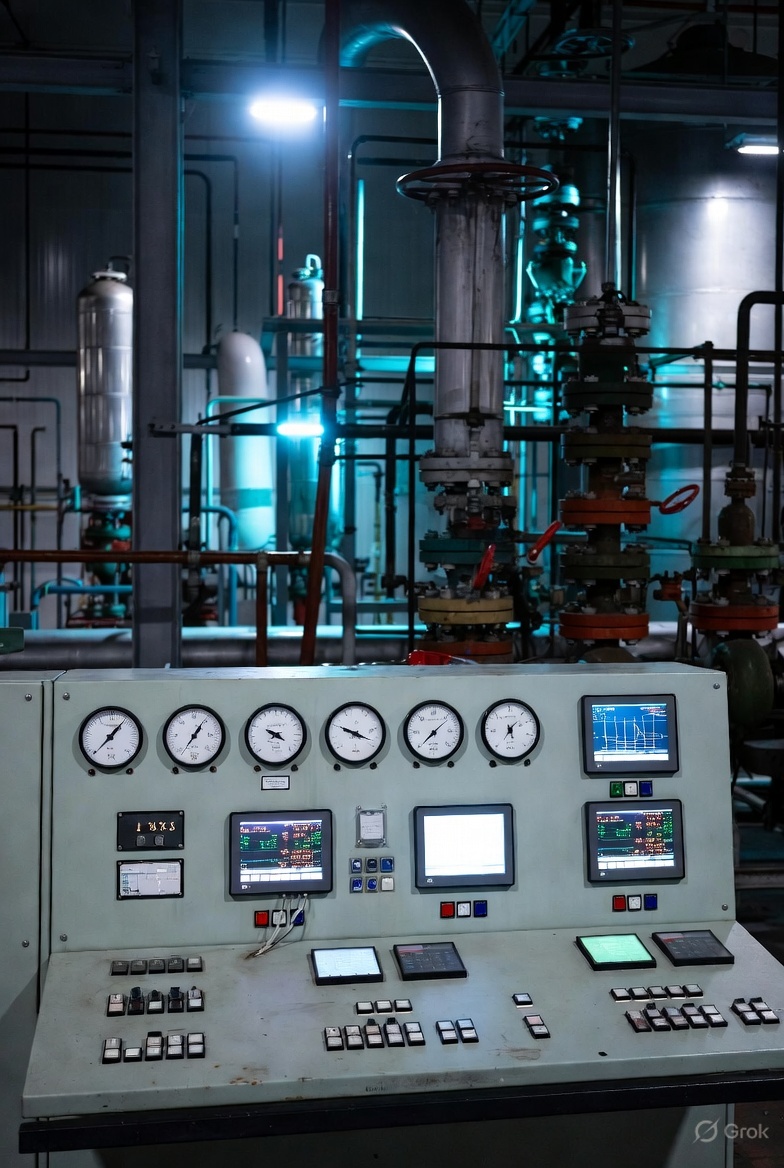Introduction: Chemical engineering is a dynamic and multidisciplinary field that combines principles of chemistry, physics, biology, and mathematics to design, develop, and optimize processes for the production of various chemical products. In India, the discipline of chemical engineering has witnessed remarkable growth and is playing a pivotal role in shaping the country’s industrial landscape. This article provides an overview of chemical engineering in India, highlighting its significance, educational opportunities, major industries, and future prospects.
Significance of Chemical Engineering in India: Chemical engineering holds great significance in India due to the country’s rapid industrialization and diverse manufacturing sectors. It plays a vital role in several key industries, including petrochemicals, pharmaceuticals, fertilizers, polymers, food processing, textiles, energy, and environmental management. The field focuses on process optimization, efficiency enhancement, cost reduction, and environmental sustainability, making it indispensable in addressing the challenges faced by these sectors.
Educational Opportunities: India offers numerous educational opportunities for aspiring chemical engineers. Renowned institutions such as the Indian Institutes of Technology (IITs), National Institutes of Technology (NITs), and other prestigious universities offer undergraduate, postgraduate, and doctoral programs in chemical engineering. These programs provide a strong foundation in core chemical engineering principles, along with exposure to emerging areas such as nanotechnology, biotechnology, renewable energy, and process simulation. Additionally, several private and government research organizations facilitate research and development activities in chemical engineering.
Major Industries: Chemical engineering has a substantial impact on various industries in India. The petrochemical industry, which encompasses the production of plastics, fibers, and other chemical products from petroleum-based feedstocks, is one of the largest consumers of chemical engineers in the country. The pharmaceutical industry heavily relies on chemical engineering for drug formulation, process optimization, and quality control. India’s fertilizer industry, vital for agricultural productivity, relies on chemical engineering for the efficient production of fertilizers. Additionally, the food processing, textile, energy, and environmental sectors significantly benefit from the expertise of chemical engineers in areas such as process design, waste management, and pollution control.
Research and Innovation: Chemical engineering research and innovation in India are continuously evolving to address the emerging needs of the industry and society. Several research institutions and industries collaborate to develop innovative solutions, enhance process efficiency, and promote sustainable practices. Areas of research focus include clean energy technologies, green chemistry, advanced materials, waste management, and water treatment. India’s chemical engineering community actively participates in national and international conferences, seminars, and workshops to share knowledge, exchange ideas, and foster collaborations.
Future Prospects: The future of chemical engineering in India looks promising, driven by the country’s strong economic growth and the increasing demand for chemicals and materials. As industries continue to expand and evolve, the need for skilled chemical engineers will persist. With the rise of sustainability concerns and the growing emphasis on environmentally friendly practices, chemical engineers will play a critical role in developing cleaner processes, renewable energy sources, and efficient waste management systems. Moreover, the ongoing advancements in areas like biotechnology, nanotechnology, and artificial intelligence present exciting opportunities for chemical engineers to contribute to cutting-edge research and innovation.
Conclusion: Chemical engineering is a thriving discipline in India, contributing significantly to the country’s industrial growth and sustainable development. The field’s multidisciplinary nature and its impact on various industries make it an attractive career choice for aspiring engineers. With a strong educational foundation, research opportunities, and a focus on innovation, chemical engineers in India are well-positioned to drive technological advancements, address societal challenges, and shape the future of the nation’s industries.












